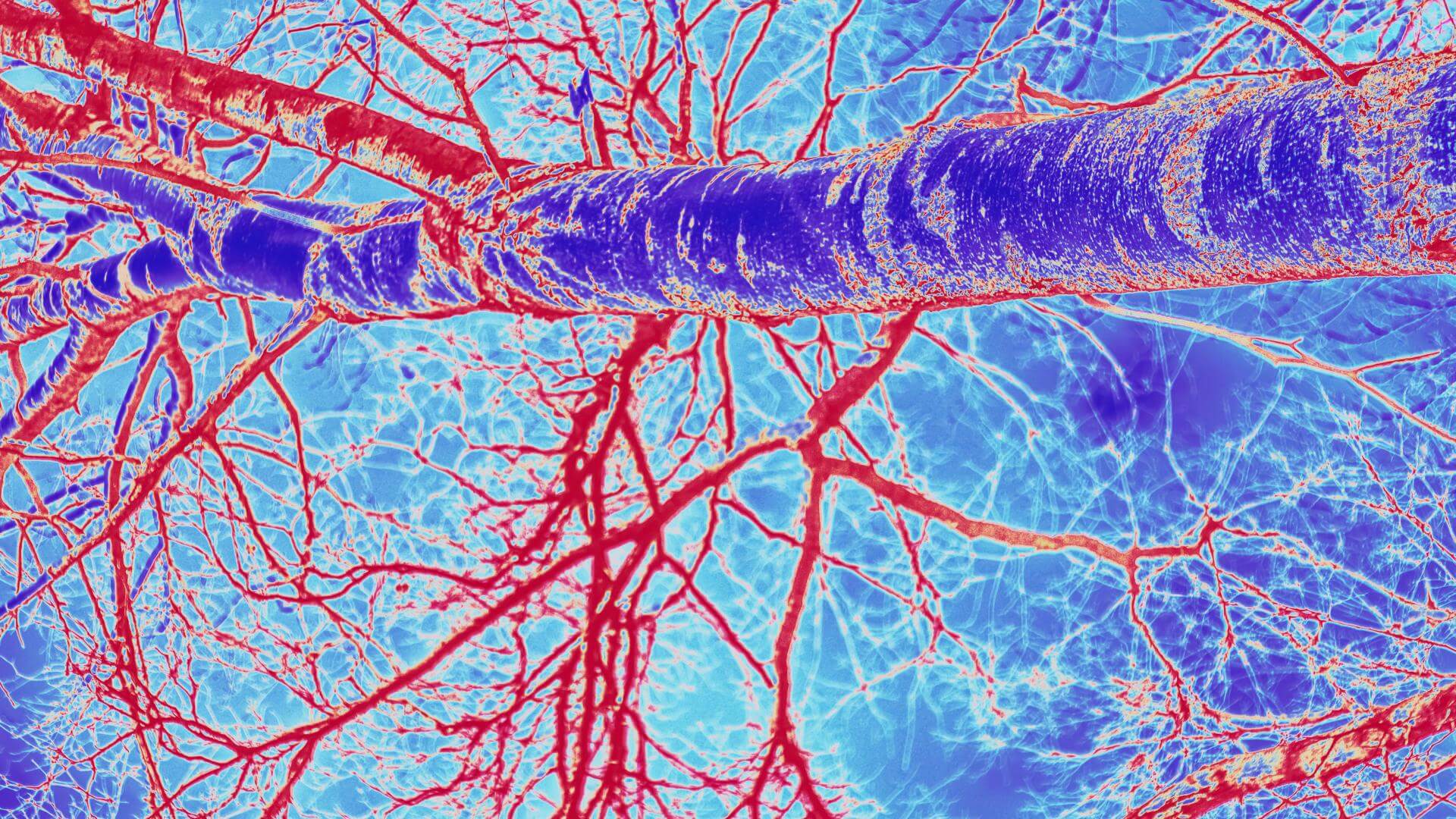Scientists Unlock Potential for Fighting Reduced Blood Flow in Brain
Written By: BrightFocus Editorial Staff



Written By: BrightFocus Editorial Staff

What: Using an antibody targeting vascular endothelial growth factor (VEGF) can help reinforce the blood brain barrier in mouse models of Alzheimer’s disease and restore healthy blood flow to the brain.
Where: Ali M et al, “VEGF Signaling Causes Stalls In Brain Capillaries And Reduces Cerebral Blood Flow in Alzheimer’s Mice.” Brain, 2022.
BrightFocus Connection: This research was funded in part by an Alzheimer’s Disease Research (ADR) grant to Chris Schaffer, PhD, in the Meinig School of Biomedical Engineering at Cornell University. Additionally, the project was supported by ADR grants to Pietro Michelucci, PhD, and EyesOnALZ, a citizen science project to create Stall Catchers, the world’s first citizen science video game directed towards advancing Alzheimer’s research. Thanks to its key early funding from BrightFocus, EyesOnALZ was able to recruit more than 40,000 citizen scientists to play Stall Catchers and help identify evidence of capillary stalling in the brain.
Why It Is Important: Reduced or stalled brain blood flow can exacerbate short-term memory loss in both people and mouse models with Alzheimer’s. However, methods for increasing brain blood flow in those who are at risk for developing Alzheimer’s, or in the early stages of the disease, are not yet widely understood. Previous discoveries on this project and others have helped verify that reduced brain blood flow is often caused by leukocytes sticking to the endothelial cells lining the inside of the brain’s tiniest blood vessels, microvessels that allow for passage of only one cell at a time. This can lead to a 17% reduction in cerebral blood flow (CBF) and exacerbates short-term memory loss in multiple mouse models of Alzheimer’s disease.
Endothelial cells also help regulate exchange between the bloodstream and the surrounding tissues, and they are central to the formation of the blood-brain barrier (BBB), which shields the brain against toxins and immune cells. When leukocytes stick to endothelial cells, the function of the BBB, along with blood circulation in the brain, are compromised.
As part of their ongoing work into capillary stalling, Schaffer and team, along with co-senior author Oliver Bracko, PhD (a former Schaffer lab member who has since started his own lab at the University of Miami), found that using an antibody against VEGF – a protein that stimulates blood vessel formation – helped inhibit VEGF signaling and reduced the number of leukocytes traveling through blood vessels. This in turn reduced capillary stalling, reinforced the blood brain barrier, and restored blood flow to the brain in an animal model of Alzheimer’s. The research team believes their methods may provide a novel and well-tolerated strategy for improving brain microvascular blood flow in people with Alzheimer’s disease.
Previous research by other scientists has also linked capillary stalling to the VEGF2 receptor, and the research team hypothesizes that the same pathway may also be at play in this research.
What is still unknown is whether a similar mechanism and potential intervention for capillary stalling exist in human patients with Alzheimer’s, which remains a topic for future research. As noted, there is still much work to do on unpacking the VEGF pathway to understand its wider role in health and disease more broadly.
BrightFocus Foundation is a premier global nonprofit funder of research to defeat Alzheimer’s, macular degeneration, and glaucoma. Through its flagship research programs — Alzheimer’s Disease Research, Macular Degeneration Research, and National Glaucoma Research— the Foundation has awarded nearly $300 million in groundbreaking research funding over the past 51 years and shares the latest research findings, expert information, and resources to empower the millions impacted by these devastating diseases. Learn more at brightfocus.org.
Disclaimer: The information provided here is a public service of BrightFocus Foundation and is not intended to constitute medical advice. Please consult your physician for personalized medical, dietary, and/or exercise advice. Any medications or supplements should only be taken under medical supervision. BrightFocus Foundation does not endorse any medical products or therapies.

Cornell University

Human Computation Institute
